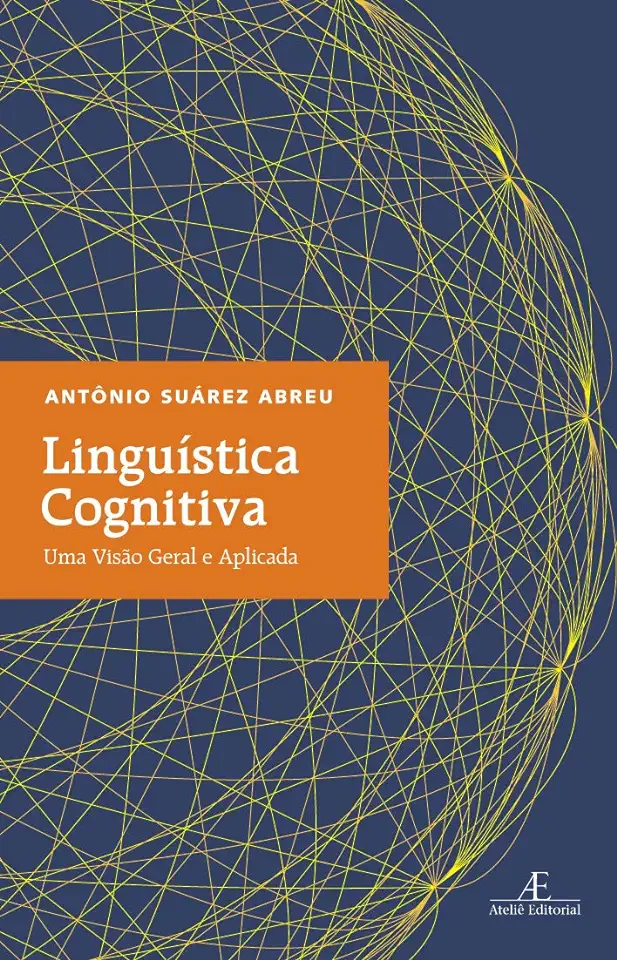
Cognitive Linguistics: An Overview and Applied - Antonio Suarez Abreu
Cognitive Linguistics: An Overview and Applied - Antonio Suarez Abreu
Introduction
Cognitive linguistics is a field of linguistics that studies the relationship between language and cognition. It is based on the idea that language is a cognitive phenomenon, and that it can be best understood by studying how it is processed and used by the human mind.
Cognitive linguistics has its roots in the work of early 20th-century linguists such as Ferdinand de Saussure and Edward Sapir. However, it was not until the 1970s and 1980s that cognitive linguistics began to emerge as a distinct field of study.
Today, cognitive linguistics is one of the most active and vibrant areas of linguistics. It is a field that is constantly evolving, and new insights are being gained all the time.
Key Concepts in Cognitive Linguistics
There are a number of key concepts that are central to cognitive linguistics. These include:
- Conceptual metaphor: A conceptual metaphor is a way of thinking about one thing in terms of another. For example, we often think about love in terms of a journey. We talk about "falling in love" and "being on the same page."
- Cognitive model: A cognitive model is a mental representation of a concept. For example, we might have a cognitive model of a house that includes a roof, walls, and windows.
- Embodiment: Embodiment is the idea that our cognitive processes are grounded in our physical experience. For example, our understanding of space is based on our experience of moving through the world.
- Prototype: A prototype is a typical example of a category. For example, we might have a prototype of a bird that includes features such as wings, feathers, and a beak.
Applications of Cognitive Linguistics
Cognitive linguistics has a wide range of applications. It can be used to:
- Understand how language is processed and used by the human mind.
- Develop new methods for teaching language.
- Improve communication between people from different cultures.
- Create new technologies that interact with humans in a more natural way.
Why You Should Read This Book
This book provides a comprehensive overview of cognitive linguistics. It is written in a clear and accessible style, and it is packed with examples and illustrations.
If you are interested in learning more about cognitive linguistics, then this book is a must-read. It will give you a solid foundation in the field, and it will inspire you to think about language in new ways.
Conclusion
Cognitive linguistics is a fascinating and rapidly growing field of study. It has the potential to revolutionize our understanding of language and the human mind.
If you are interested in learning more about cognitive linguistics, then I encourage you to read this book. It is a valuable resource for anyone who wants to understand the relationship between language and cognition.
Enjoyed the summary? Discover all the details and take your reading to the next level — [click here to view the book on Amazon!]